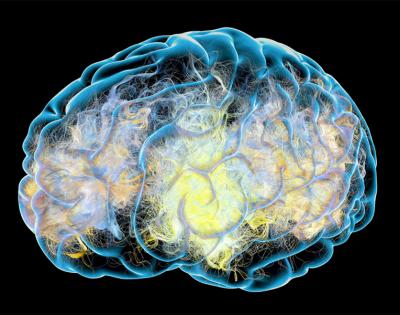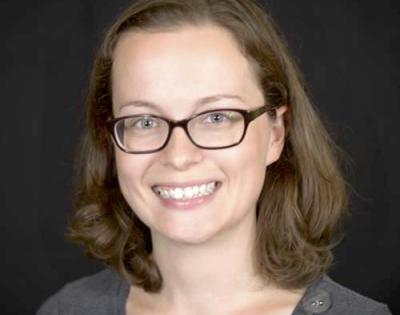Health + Wellness
January 17, 2020
This weekend saw the wide publication of the good news that for 2017, the death rate from cancer actually fell. There was double good news because one of the most deadly cancers – cancer of the lung – led the decline. New insights into the commonalities inherent in cancers that are more determined…
January 17, 2020
Outlet: National Cancer Institute - Cancer Currents
January 16, 2020
Outlet: ideastream

January 15, 2020
A
$1 million, two-year grant from the Dr. Ralph and Marian Falk Medical Research
Trust will allow researchers from the Case Western Reserve University School of
Medicine to further their work on developing drugs to treat Huntington’s
disease (HD) and other neurological disorders. Xin Qi, an…

January 13, 2020
Outlet: The Plain Dealer
January 13, 2020
It is the start of not only a new year, but a new decade. It’s a time for reflection on the year – and the last ten – gone by, and a time to consider the future. Marsha Palmer, our new internal communications expert, has assembled a list of top ten stories from the medical school for the last…
January 13, 2020
Outlet: Yes! Magazine
January 10, 2020
Each year, “The Race” attracts thousands of participants to Legacy Village in Lyndhurst, OH on Mother’s Day, empowering children and families to make a difference in the lives of those touched by breast cancer by raising money and awareness for research and early detection. Originated in 2004 by…
January 08, 2020
Outlet: WKSU

